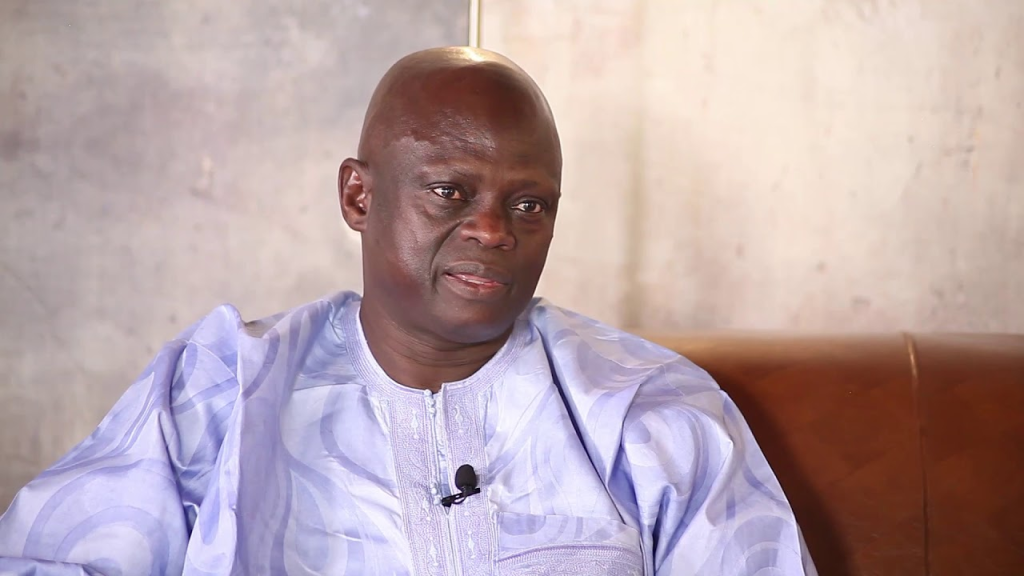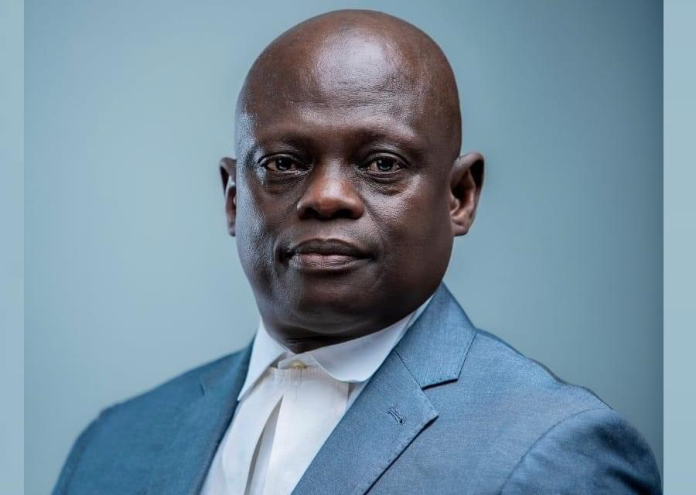
Regional Governors, and Executive Coordinators for Banjul, and Kanifing Municipality, are unlawfully constituted as far as the local government system is concerned
It is not contentious that the greatest resource of any polity is its governance infrastructure.
This postulation is triggered by the appointments of “Executive Coordinators” for Kanifing Municipality, and the City of Banjul.
In the Regions they are called Governors!
Whatever nomenclature is used, these appointments as they affect the Local Government structure are unconstitutional and exemplify sinecurism gone mad. As a position, Governor is not mentioned anywhere in the Constitution of the Republic of The Gambia, 1997 (the Constitution).
A background check reveals a precursor position, and a high one at that, called Commissioner. Section 114 (1) of The Constitution of the Republic of The Gambia, 1970, assented to in Her Majesty’s name by then Acting Governor A. S. Jack on 24 April 1970, reads:-
The power to appoint to or remove from office of any person holding the office of –
(a) Secretary General;
(b) Permanent Secretary;
(c) Establishment Secretary;
(d) Commissioner; or
(e) Executive Secretary, Women’s Bureau
shall vest in the President acting after consultation with the Public Service Commission.
Under that political milieu, Commissioners were the drivers of local politics, the eyes and ears of the President, and the go to power brokers in the Divisions (Western Division, Lower River Division, McCarthy Island Division, Upper River Division, and the North Bank Division).
With the overthrow of the PPP Government in 1994, the sun set on the principalities of Commissioners who were the President’s partisan fixers in the Divisions. The term was dropped from the Constitution in 1997 and with it the substantive position.
Under the Transitional and Consequential Provisions of the Second Schedule of the 1997 Constitution, at provision 15, the Constitution of The Gambia, 1970, was expressly “abrogated”.
In the circumstances, The Gambia entered a new era with Act No. 1 of 1997, the successor Constitution to that of 1970.
There was no successor Constitutional position to Commissioner like a present day Governor!
THE LEGAL FRAMEWORK OF LOCAL GOVERNMENT
Section 39 (3) of the Constitution
Every citizen of The Gambia being of the age of eighteen years or older and of sound mind shall be entitled, in accordance with the provisions of this Chapter and any Act of the National Assembly providing for such elections, to vote in elections for local government authorities and traditional rulers in the area in which he or she is ordinarily resident
Section 193 of the Constitution
(1) Local government administration in The Gambia shall be based on a system of democratically elected councils with a high degree of local autonomy.
(2) An Act of the National Assembly shall provide for the establishment of city councils, municipalities and area councils (which are together referred to as local government authorities) and the district in which each shall have jurisdiction…”
(3) …
(4) It shall be an object of the local government system that so far as possible, issues of local policy and administration shall be decided at a local level and that local government authorities shall cooperate with the Central Government in adopting a policy of decentralization.
Section 230 of the Constitution
“public elections” means the election for a President, the National Assembly and a local government authority
The commands on decentralized local government at sections 193 and 194 of the Constitution were implemented via the Local Government Act, 2002 (LGA 2002) “… to establish and regulate a decentralized local government system for The Gambia; to make provisions for the functions, powers and duties of local authorities and for matters connected therewith”.
LGA 2002 went through at least seven amendments since coming into force with the consistent objective of frustrating the legal framework mandated for the local government system at sections 193 and 194 of the Constitution. It was always the Executive arm of the national government meddling with the local authority system in the country.
From Area Administrators or Commissioners in the principal Act, LGA 2002 was serially amended to pave the way for brazen Presidential control of the local government system. However viewed, this is a perversion of the principles mandated by sections 193 and 194 of the Constitution and both the current government and its immediate predecessor are involved.
(1) For each Local Government Area, except for the City of Banjul, and Kanifing Municipality an Area Administratorwho shall be a senior officer, not below the rank of Director, in the civil service appointed by the President.
By section 124 (1) of the Act, among other things, the Area Administrator shall:-
(a) Represent the President and the Central Government in the Local Government Area;
(b) Coordinate the administration of Central Government services in the Area;
(c) …
Section 124(2) mandates the Area Administrator or Commissioner to:-
(a) Sensitize the populace on Central Government policies and programmes, and in so doing shall liaise with the Minister
(b) Draw the attention of the Auditor General to the need for special investigation audits of the Local Government Area;
(c) Draw the attention of the Ombudsman to a need to investigate any cases of mismanagement, maladministration or abuse of office; and
(d) Draw the attention of responsible Department of State to the divergence from or non-compliance with Central Government policy by any Council within the area or jurisdiction; and
(e) In consultation with the Chairperson of a Council, address the Council, from time to time, on any matter of national importance.
For the first time in 2006, LGA 2002 used the term Governor as a replacement for the phrase Area Administrator or Commissioner. Amending section 123 of the principal Act, section 123 states: There shall be, for each Local Government Area, a Governor who shall be a senior officer, not below the rank of a Director, in the civil service, appointed by the President. Section 123 (2) of LGA 2002 states:- “a Governor shall be answerable to the Minister.
Under section 10(5), “Each Council shall be vested with the legislative power of the Local Government Area and be answerable to the Governor” whereas section 10(6) of LGA 2002 without justification merely asserts that the “… legislative power of the Council shall be exercised by By-laws passed by the Council and signed by the Governor…”
On the law as encapsulated in sections 193, and 194 of the Constitution, the Governor has no role to play in local authority affairs other than as a meddling presidential interloper. Other than acting as the partisan mouthpiece of the President,Governors, and Executive Coordinators are not vested with any lawful authority as far as the local government system is concerned.
With all the magnificence of his office there are things a President cannot do and that includes appointments intended to displace the constitutional regime of democratic governance at the local authority level. There is a duality of separation between the branches at the national level, and in the context herein, between the Executive arm of the national government, and the local authority system in the domain of democratic governance.
The President is not vested with any lawful authority to demolish the structural foundation of the Constitution in that separating power is at the heart of Gambia’s constitutional system. On the law, the President cannot employ his Governors, and Executive Coordinators, and deploy them in the elected local authority system to nullify its democratic foundation.
Given the framework of governance at the intersection of national and local government, there is no question the positions of Governor, and Executive Coordinators, are meaningless sinecures driven by no consideration other than partisan politics. To the extent they pretend to arrogate local authority powers to themselves by interfering with the operations of democratically elected local authorities, the positions of Governor, and Executive Coordinators, are unlawful.
The doctrine and actuality of separation precluded the President from creating public offices calculated to undermine the operations of independent and democratically elected councils. The local authorities are constitutionally insulated from any usurpation of their functions by presidential incursions into their terrain. Presidential conduct within the contours of the Executive domain may be permissible in particular circumstances but transgressing the constitutional demarcations of separated power as in the case of Governors, and Executive Coordinators in relation to local authorities will always be unlawful.
If there is nothing for the Governors, and Executive Coordinators to do, the President has authority to deploy them in the overcrowded Foreign Service, but the local authorities are constitutionally insulated from their meddling.
I urge the President to take a long view of his mandate as the tenant-in-chief of Number 1 Marina, to come to terms with his mortality, and the transiency of his office. Let him survey the majesty of the presidency and reflect on the purpose for which he was sent to the nation’s house. The monuments we will remember and celebrate him for are not going to be the physical structures he left behind but the unseen symmetric beauty of governance under law.
These Governors and Executive Coordinators must be exiled from the domains of the local authorities given that they are nothing but unwanted distractions.
Lamin J. Darbo


